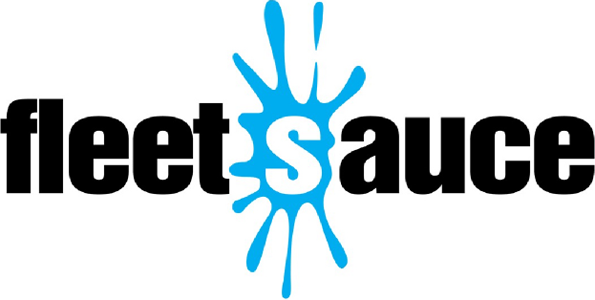
Decarbonisation: The Path to Net-Zero for Businesses

(Posted on 18/01/24)
Decarbonisation is the crucial process of reducing the amount of carbon, primarily in the form of carbon dioxide, released into the atmosphere. The ultimate objective of decarbonisation is to establish a global economy with low emissions to attain climate neutrality. This involves mitigating the carbon dioxide emissions resulting from human activities. The Paris Agreement, a legally binding international treaty on climate change established in 2015, set the central goal of limiting the global temperature increase to below 2°C and further aiming for a reduction below 1.5°C.
Decarbonisation has emerged as a top priority for both governments and companies. In alignment with this, ambitious targets have been set, calling for a 68% reduction in emissions by 2030 and achieving net-zero emissions by 2050. Numerous companies across diverse industries are now expressing their commitment to achieving net-zero status by 2050.
Businesses play a pivotal role in reaching the net-zero target, especially with government directives requiring all vehicles manufactured to be electric by 2035. This shift necessitates careful consideration and planning. While the transition to sustainable methods poses a complex challenge, it is attainable. For businesses with large fleets, addressing this challenge incrementally is advisable. Assessing the condition of vehicles, prioritising replacements for older and high-emission ones, and implementing changes gradually can facilitate a smoother transition.
To support businesses in this significant transformation, government grants, such as those for installing charging points, are available. Transitioning to electric and hybrid vehicles and establishing charging infrastructure are critical steps in this process. Businesses should explore available grants tailored to their specific needs.
While decarbonising a fleet may seem daunting, it is a key component of ensuring a sustainable future for both the planet and businesses. In the long term, transitioning to hybrid or electric vehicles, or exploring alternative fuels like hydrogen, can lead to cost savings if executed efficiently.
Beyond cost considerations, achieving net-zero status and demonstrating a commitment to emissions reduction have become essential for attracting investors, retaining employees, and securing customers. Companies on the path to net-zero are increasingly viewed favourably, and not embracing sustainable practices can tarnish a business's image.
Incorporating low-emission vehicles requires careful planning and understanding of the fleet's dynamics and requirements. This comprehensive approach ensures a seamless integration that meets the specific needs of the fleet. It involves assessing factors such as vehicle usage patterns, operational requirements, and geographical considerations to determine the most effective and sustainable solutions.
In addition to environmental benefits, transitioning to low-emission vehicles can lead to significant cost savings for businesses. Electric and hybrid vehicles typically have lower maintenance and fuel costs compared to traditional vehicles with internal combustion engines. These cost efficiencies contribute to the overall financial sustainability of the fleet and allow organisations to reallocate funds towards other sustainability initiatives or operational improvements.
Planning for the necessary infrastructure, such as installing charging points, is a crucial aspect of transitioning to low-emission vehicles. This proactive approach ensures that the fleet operates smoothly and efficiently, addressing concerns related to vehicle range and charging accessibility. By systematically implementing these changes, businesses can navigate the transition to a greener fleet while minimising disruptions to their operations.
Decarbonising a fleet by incorporating low-emission vehicles is a multifaceted strategy that brings environmental, financial, and reputational benefits. It positions businesses at the forefront of sustainable practices, aligns with regulatory trends, and contributes to a greener and more responsible future.
Fleet management strategies are another avenue to explore for emissions reduction. Some businesses are actively encouraging employees to use public transport, cycle, walk, or carpool to work. Incentives, such as covering a portion of ticket costs or offering rewards, are being implemented to promote employee participation in these initiatives. This multi-faceted approach to decarbonisation underscores the collective responsibility of businesses in achieving a sustainable future.
If you would like any advice or information on decarbonisation for your fleet, contact us today.
Call us at 0800 032 1433 or email at info@fleetsauce.co.uk.
 Expert Advice
Expert Advice  Competitive Prices
Competitive Prices Road Tax & Roadside Assistance
Road Tax & Roadside Assistance Free National Delivery
Free National Delivery Full Manufacturer’s Warranty
Full Manufacturer’s Warranty





